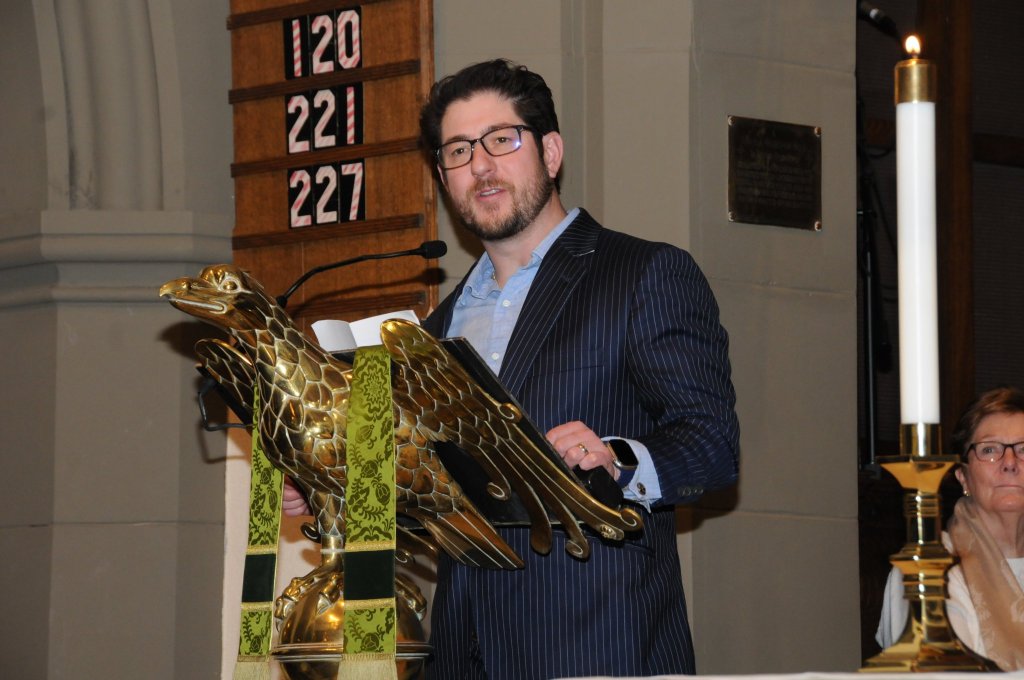East Hampton Town Trustees' Bank Accounts Frozen

Three weeks ago, M&T bank froze the accounts where the East Hampton Town Trustees keep their funds. The trustees now can’t pay for the gasoline they put in their vehicles, the oil to heat their building, the contractors who operate their pump-out stations or those providing environmental studies for them.
In the long history of my covering events on the East End, this is the first time I have ever heard of such a thing happening to any government agency. An attorney pressing a lawsuit opposing the trustees made this happen. And he was able to do this because of a judge’s decision in January that permitted it.
The East Hampton Town Trustees are government officials elected to oversee certain publicly owned lands, pond bottoms and beaches. There is a similar government body in Southampton. But the Southampton Trustees are not affected by the bank account seizures in East Hampton.
The East Hampton Trustees also found that they couldn’t pay the salaries of their employees. In the first two weeks, two of the five trustees paid the salaries out of their own pockets.
As the freeze continues, a lot of fishermen, waterfront property owners, clammers, hunters, beachgoers, marina owners and four-wheel drive off-road motorists will be affected. They will be unable to buy permits.
The trustees were the original governing officials here. In 1683, when America was just a bunch of British colonists gathering in meeting houses to work things out by consensus, the Second Earl of Limerick, Thomas Dongan, was appointed governor of New York Colony, and wrote an edict instructing how that colony’s government would be administered. Matters had to be decided, not only amongst the English settlers, but also between the settlers, the Dutch traders in New Amsterdam and the many local Native American tribes who lived here. This edict created the trustees — local citizens who, when elected in a community, would have the unhindered responsibility to create and administer local laws.
Dongan’s edict was the first in any colony to have such a document, and it was very generous. King James II approved it with his official seal in 1686. And in fact, it was later used as a framework for the writing of the U.S. Constitution. The trustees’ authority extended to include land owned by the public or in commonality with others. The rights to waterfront, pond and lake bottoms, beachfronts, rivers, roads and pastures, ordered over and over, have been confirmed by courts, including the U.S. Supreme Court, through to this day.
Ninety years after its creation, a new country was formed. You may have heard about it. And in what was now New York State, most towns and villages formed governments that kept these laws but transferred them from the trustees to what are now town boards. But in Southampton and East Hampton, where so many bodies of water interlace with dry land everywhere, the citizens decided that the trustees, possessing unique knowledge and skills about environmental issues, should continue to be in charge of these particular matters. And that’s how it is today, 338 years after creation of the trustees.
The trustees issue shellfishing permits, fish trap permits, hunting permits, duck blind permits, beach driving permits and permits to restore existing bulkheads, pilings, docks and sandbags, as well as waterfront dredging, excavation and pond letting. They will ticket you for beach grass and wanton tree removal and the illegal taking of soft-shell clams and razor clams. They also will decide, after testing for salinity, when and where the town ponds, about to overflow, will be let, a process accomplished by digging temporary trenches between the ponds and sea.
The trustees offer classes for schoolchildren, they have an annual Largest Clam Contest, they set up kayak racks on certain beaches for the general public to use for free at Accabonac Harbor, Northwest Harbor and Napeague Harbor. They run shellfish hatcheries, offer pump-out stations for boat owners and, in Lazy Point, they lease bayfront land they own to private homeowners. They are considered a community treasure by almost everybody in town. We have our windmills, town ponds, beach pavilions, museums and cultural centers. And probably the oldest working public government body in the country.
Over the years, the trustees have been involved in unusual challenges. In 1877, for example, they stopped wealthy summer people who had opened a clam harvesting business on the pond bottoms and banks of Mecox Bay in Water Mill. They struggled with the Secret Service when President Bill Clinton visited a home on Georgica Pond in 1998 and wanted that pond let to enhance their presidential surveillance. Late one night, that pond got let out to its muddy bottom. The trustees had not done it, and they were furious. But they couldn’t do anything about it. That pond remained a dirty, muddy slick for six months after that.
Another compromise was worked out with homeowners in 2008 who wanted permission to continue with a prezoning sailing club warming hut on the shore of Mecox Bay.
In 2010, they stepped in to join a rebellion by surfcasters who were being told by the State of New York that they’d have to buy permits to fish in the sea. Nobody owned the ocean. Surfcasting should be free. Eventually, the state backed down. And in 2019, the trustees defended their rights to a part of the Paumanok hiking trail in Springs, which it seemed was being compromised by a homeowner. They set it right.
The freezing of their bank account has occurred because a group of oceanfront homeowners in Napeague filed a lawsuit claiming a particular 1-mile stretch of oceanfront beach belonged to them, not to the trustees or the town. An appeals court ruled in favor of the homeowners. As a result, the trustees and board members tacitly approved of and joined a large protest on that beach.
Somehow, in January, James Catterson, a lawyer for one of the plaintiffs, got a judge to agree that the trustees did not have the legal protections that a town has, because the trustees were formed before such protections were put in place. With that in hand, Catterson went to the bank and said that the court had fined their opponents more than $740,000 for not abiding by the court’s decision, and the trustees had no protections in avoiding it. Bingo. Account frozen. “It’s time to pay the piper,” Catterson said.
As We Go to Press: The judge who a year ago ordered the huge fines to be paid to the Napeague property owners also ordered a similar huge fine against the town for disobeying a court order about the airport. Yesterday, that fine was thrown out by an appeals judge, who said it was inappropriate. Well, maybe it’s not time to pay the piper.
To read more of Dan Rattiner’s stories, go to DansPapers.com/voices/dan-rattiners-stories.
________________________
HELP PRESERVE DAN’S PAPERS, 1960–2024
Stony Brook University intends to digitize the complete set of Dan’s Papers back issues (1960–2024) preserved in the Dan Rattiner Collection within their climate-controlled Whitman Library. A total of $130,000 is needed. Currently, $73,000 has been raised. Every dollar helps. Contribute? Write a tax-deductible check to Stony Brook Foundation marked “for Dan’s Papers archive” and mail to Stony Brook Foundation, 230 Administration, Stony Brook University, Stony Brook, NY 11794-1188 or visit sbugiving.com/danspapers.









